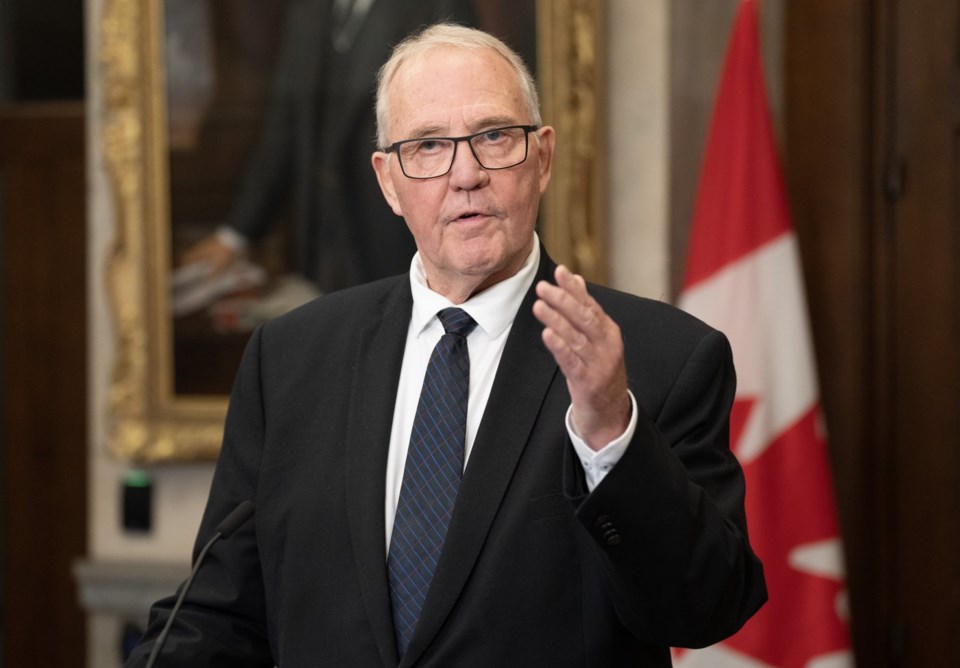OTTAWA — Defence Minister Bill Blair says he was acting on advice from the military when he approved a plan to send a Canadian ship to Cuba, but he can't disclose the classified advice he was given about why the navy wanted to take part in the mission.
The trip, which is getting attention this week because the Canadian navy ship was there at the same time as a Russian flotilla, was made after a request by the Royal Canadian Navy and Canadian Joint Operations Command.
The federal government was aware that Russian vessels would be in the area at the same time, Blair said.
He said the Russian ships in Havana pose "no immediate threat" to Canada or Canadians, and Canada's trip was meant to demonstrate its "presence, naval capability and commitment to safe and open waters in the Americas."
"The deployment of these ships and aircraft sends a very clear message that Canada has a capable and deployable military, and we will not hesitate to do what is required to protect our national interests," Blair said at a press conference on Monday.
"Canada … is committed to maintaining a credible military presence in the sea and in the air around our continent."
In an earlier press release, the navy said HMCS Margaret Brooke was being deployed to Havana to mark 80 years of diplomatic relations with Cuba. The ship is now on its way back to Canada.
The Opposition Conservatives took to social media to criticize the move after Foreign Affairs Minister Mélanie Joly told CBC News during a recent interview she was unaware that one of Canada's patrol vessels was docked in Havana at the same time as Russian warships.
"This is information that is news to me," Joly told host David Cochrane on the weekend.
Conservative Leader Pierre Poilievre called the visit "reckless, radical and dangerous" on social media, saying Cuba is run by a brutal communist dictatorship.
When asked if he considers Cuba an ally, Blair said: "No, I do not."
"But we have allies through NATO, and we have other nations that we maintain working relationships, certainly in the CARICOM region," he said, adding that Canada maintains relationships with a "number of island nations."
Blair said he thinks people may be confused about what the purpose of the visit was if they view it through a "partisan political lens," adding the carefully planned trip was meant to send a message.
When asked specifically about the advice he was given that led to the deployment, Blair said "certain aspects of the information" from the navy are classified. He also declined to say whether Canada wanted to gather intelligence about the Russians.
"And as I've said, their job is to demonstrate our presence, to demonstrate our naval capability and to demonstrate and assert Canada's commitment to safe and open waters throughout the Americas. That's why we were there."
The visit to Havana marks the first for Canada's navy since 2016 and comes at a time when Canada has sent billions in aid and military equipment to Ukraine to help it fight off Russia's invasion, which began in February 2022.
Prime Minister Justin Trudeau was travelling back to Canada on Sunday following a summit staged in Switzerland to help advance peace in Ukraine.
While there, Trudeau pledged a $52-million package to assist Ukraine and co-chaired a session for leaders where he discussed the need for the international community to call for the return of the close to 20,000 Ukrainian children forcibly removed from their homes by Russia.
This report by The Canadian Press was first published June 17, 2024.
— With files from Stephanie Taylor.
Alessia Passafiume, The Canadian Press



